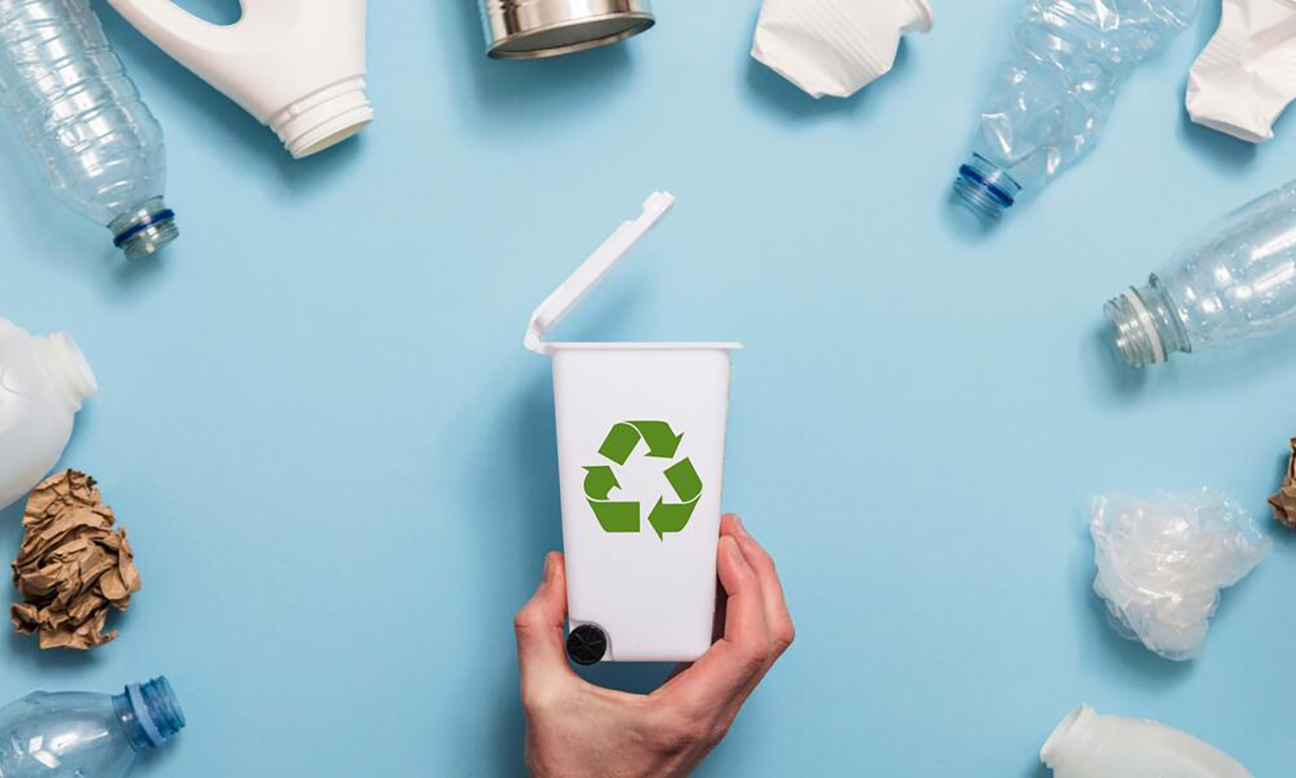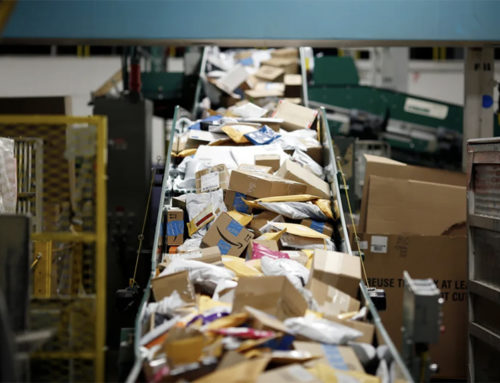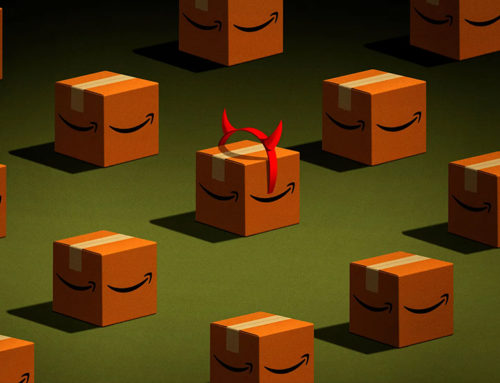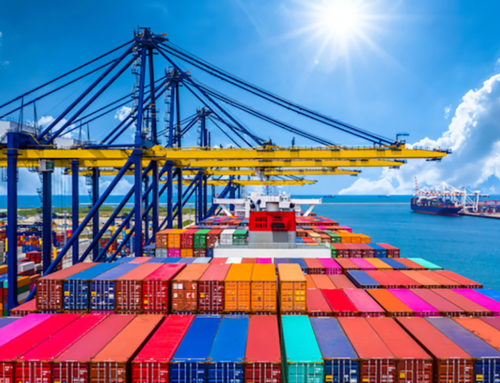The single-use plastic crisis is intensifying, and major corporations are at the heart of this environmental catastrophe. Every day, billions of single-use plastic items are manufactured, used briefly, and then discarded—destined for landfills or oceans where they’ll remain for hundreds of years. Companies we recognize and trust, including beverage, consumer goods, and fast-food giants, continue to produce and distribute plastics at unprecedented rates, prioritizing profit over environmental responsibility.
For these corporations, single-use plastics aren’t just packaging—they’re a strategy. The sheer convenience and cost-efficiency of plastic help boost their bottom line, but at a tremendous cost to our planet. Here’s how major corporations fuel the single-use plastic crisis and what we, as consumers, can do to push for change.
The True Cost of Single-Use Plastics
Plastic’s role as an inexpensive, durable packaging material has allowed companies like Coca-Cola, PepsiCo, and Nestlé to rely on it to meet consumer demand worldwide. But single-use plastics aren’t just cost-effective; they’re often cheaper to produce and dispose of than eco-friendly alternatives. Every year, Coca-Cola alone produces enough plastic packaging to circle the Earth hundreds of times, yet the majority of this packaging is not recyclable in practice and ultimately ends up polluting land and sea.
Despite these companies’ promises to reduce plastic usage, the vast majority of their products are still packaged in single-use plastics that don’t break down and can’t be easily recycled. This “disposable” model is convenient for corporations because it externalizes costs: rather than taking responsibility for their packaging’s lifecycle, they pass on the waste burden to consumers, municipalities, and natural ecosystems. And that’s where the cycle begins, impacting not just the environment but public health and economies worldwide.

Corporate Greenwashing and the Myth of Recycling
In response to mounting public scrutiny, many corporations have rolled out “green” initiatives, like increasing recycled content in packaging or using “recyclable” plastics. However, these efforts often prove to be surface-level changes that fail to address the deeper issue of overproduction.
For example, while some plastic bottles may technically be recyclable, they’re often made from materials that most recycling facilities aren’t equipped to process, resulting in a large portion ending up in landfills. What’s more, the recycling industry itself cannot keep up with the sheer volume of plastic produced, meaning that even the most conscientious efforts at recycling often fall short. These initiatives, therefore, act as a form of greenwashing, enabling corporations to appease consumers while continuing business as usual.
Plastic’s Path from Production to Pollution
Once disposed of, single-use plastics create a long-lasting environmental hazard. If not recycled, they sit in landfills, emitting harmful chemicals and contributing to greenhouse gas emissions. Worse, millions of tons of plastic waste end up in the ocean each year, forming vast, swirling “plastic islands” that pollute marine ecosystems.
The impact on wildlife is severe. Seabirds, turtles, fish, and other marine species ingest plastic debris, mistaking it for food, leading to digestive blockages, malnutrition, and often death. The pollution of our oceans with plastic not only harms biodiversity but affects human communities as well. Coastal towns, fishing industries, and tourism-based economies all suffer when their local environment is littered with plastic.
Consumer Responsibility or Corporate Accountability?
In recent years, companies have put the onus on consumers to recycle and reduce their personal waste, effectively shifting responsibility away from the corporations who produce the vast majority of single-use plastics. By promoting recycling as the solution, companies can distract from the real issue—their continued production of plastics. They benefit from a convenient narrative that puts consumers on the hook for making sustainable choices without reducing their own plastic output.
However, true responsibility for plastic waste must lie with the companies that create it. It’s time for corporations to adopt circular economy models, invest in alternative packaging solutions, and commit to reducing plastic production at the source. These changes would make a meaningful difference, but they require companies to take responsibility for the entire lifecycle of their products.
What Needs to Change?
If corporations truly want to make a difference, they need to take bold steps toward sustainability that go beyond greenwashing. This means reducing reliance on plastic packaging, investing in research and development of biodegradable alternatives, and supporting legislation that holds them accountable for the waste they create.
Some companies are already exploring new packaging models, such as refillable containers and plant-based materials, but much more is needed to offset the damage caused by decades of plastic production. Extended Producer Responsibility (EPR) policies, which require manufacturers to manage the disposal and recycling of their products, could drive meaningful change by making corporations accountable for the waste they produce.
How Consumers Can Push for Change
While corporations must take the lead, consumers play a critical role in advocating for sustainable practices. Here’s how you can help drive change:
- Support Brands that Prioritize Sustainability: Choose products from companies with transparent, meaningful commitments to reducing plastic waste. Every dollar spent on sustainable brands is a vote against single-use plastic.
- Reduce and Reuse: Whenever possible, opt for reusable alternatives to single-use items. Encourage your favorite brands to switch to more eco-friendly packaging options.
- Advocate for Policy Change: Support policies and regulations that hold corporations accountable for their environmental impact. Reach out to your representatives to voice support for legislation that tackles plastic pollution at its source.
- Spread Awareness: Help educate others about the environmental impact of single-use plastics and the role of corporate accountability. The more consumers demand sustainable alternatives, the more pressure corporations will feel to make substantial changes.
Our planet doesn’t have to bear the burden of plastic pollution for the sake of corporate profit. It’s time for corporations to prioritize the environment over convenience and cost savings. And while consumers are part of the solution, it’s the companies profiting from plastic production that must lead the way to a cleaner, more sustainable future.






